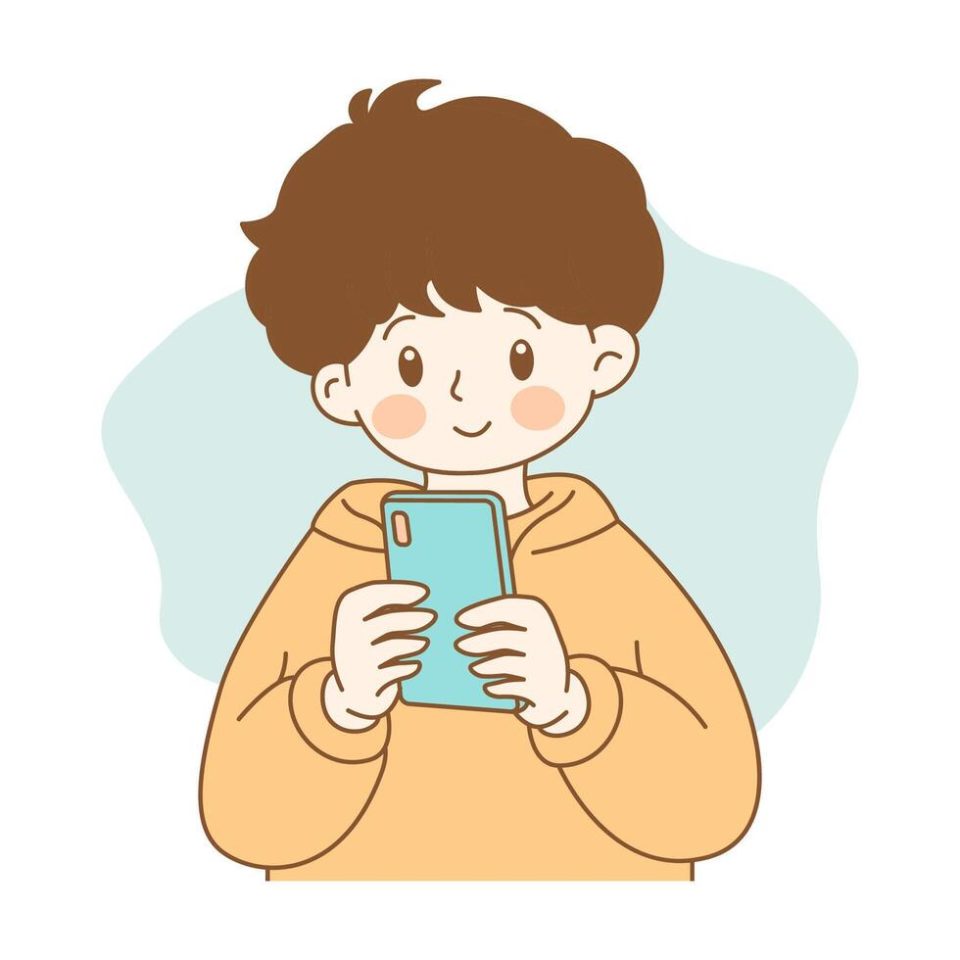
In a groundbreaking move, Australia will prohibit children under 16 from using social media, following the parliament’s approval of the world’s strictest regulations on the issue.
The ban, which is set to take effect in the next 12 months, imposes hefty fines of up to A$50 million ($32.5 million; £25.7 million) on tech companies that fail to comply. Prime Minister Anthony Albanese emphasized the necessity of this legislation to shield young people from the “harms” associated with social media, a concern echoed by numerous parent groups.
Implementation and Enforcement
While the specific platforms affected by the ban have not yet been confirmed, Minister for Communications, Michelle Rowland, indicated that it would include popular platforms such as Snapchat, TikTok, Facebook, Instagram, and X. Notably, gaming and messaging platforms are exempt, and sites accessible without an account, such as YouTube, will likely be spared.
The government plans to deploy age-verification technology to enforce these restrictions, with various options slated for testing in the coming months. Social media platforms will be responsible for implementing these measures themselves.
Concerns and Criticisms
Despite broad public support, critics argue that significant questions remain unanswered regarding the ban’s enforcement and its implications for privacy and social connectivity. Digital researchers caution that the proposed technology, which could involve biometrics or identity information, might not function as intended and could raise privacy concerns.
Additionally, there is apprehension that the restrictions could be easily bypassed using tools like VPNs, which can mask a user’s location. Children who circumvent the ban will not face penalties, though.
Legislative Journey and Political Implications
The legislation passed the Senate with a vote of 34 to 19 before being swiftly approved by the House of Representatives. Prime Minister Albanese underscored the importance of the legislation, stating, “We want our kids to have a childhood and parents to know we have their backs.”
This move marks a significant political triumph for Albanese, who faces an upcoming election in 2025 amid declining opinion polls. Despite opposition from privacy advocates and some child rights groups, the legislation enjoys strong public backing, with 77% of Australians in favor, according to recent polls.
Industry Response
Major tech companies have voiced concerns about the legislation. Meta, the owner of Facebook and Instagram, expressed respect for Australian law but criticized the rushed process, which it claims ignored existing age-appropriate measures and the voices of young people. Similarly, Snapchat highlighted serious concerns about the practical implementation of the law.
Representatives from TikTok and X were not immediately available for comment. Alphabet’s Google, whose subsidiary YouTube is exempt, argued that the legislation should be postponed until age verification trials are completed.
Global Impact
Australia’s stringent social media ban is being closely monitored by global leaders. Norway has pledged to follow Australia’s example, while the UK’s technology secretary hinted that a similar ban could be considered, although not immediately.
Prime Minister Albanese acknowledged the complexity of the issue but firmly defended the bill, saying, “We don’t argue that its implementation will be perfect, just like the alcohol ban for children under 18 doesn’t mean that someone under 18 never has access – but we know that it’s the right thing to do.”


